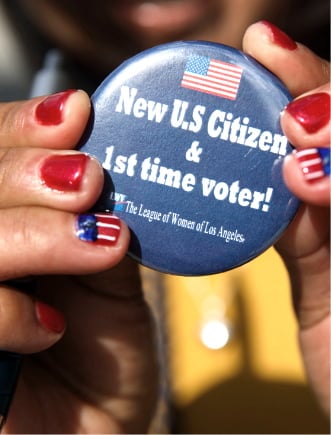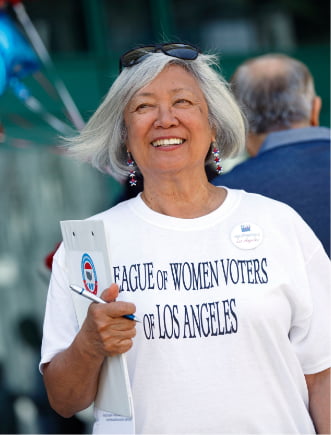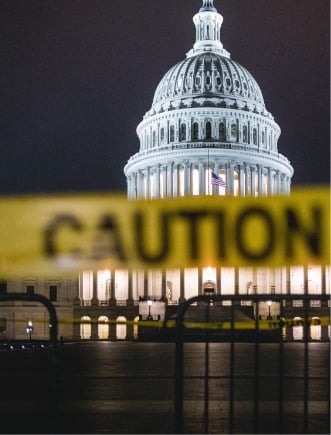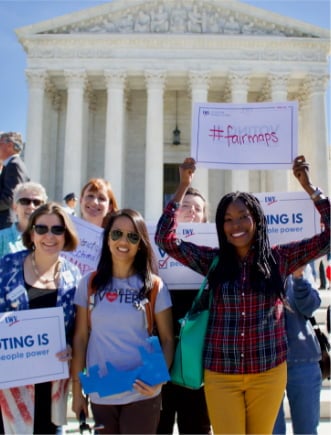This opinion was originally published in the Kitsap Sun.
News of the police raid at the Marion County Record in Kansas on Aug. 11 ignited outrage across the nation. Similarly newsworthy was the announcement by the county’s top prosecutor days later that he had insufficient evidence to justify the search or the seizure of the newspaper’s property or material.
Few of us know much about what happens in Marion County, an hour and a half southwest of Topeka and home to fewer than 12,000 people. The last time national attention focused on that section of Kansas was in 2010, over construction of the controversial Keystone Pipeline.
Condemnation of the raid by news organizations like The Kitsap Sun and free-press advocates is understandable. But beyond the police action, the events of the past week or so also should remind us of the vital role local newspapers play throughout the country, serving us all.
The county’s oldest newspaper, the Record has seen a number of owners, publishers and name changes in its 154-year lifetime. With a newsroom across the street from the Marion County Courthouse, it provides an accounting of the administration of justice in the region every Wednesday. Both its print and online pages keep readers informed about decisions by elected officials, developments in the schools and the ups and downs of local business, like recent coverage of the 50th anniversary of a local furniture store and an area dairy’s award-winning cheese.
Why does this matter?
In the past 15 years, for a variety of reasons, a quarter of local newspapers nationally have gone out of business; if the trend continues, we’ll have lost one-third by 2025. Washington has lost more than a fifth of its local newspapers and more than two-thirds of their newsroom staff members.
Research by the League of Women Voters of Washington as well as by scholars and others tells us local newspapers are critical to healthy communities. “The Decline of Local News and Its Impact on Democracy,” which the League published earlier this year, along with reports by Northwestern University’s Medill School of Journalism and others, have linked the loss of a community’s newspaper with higher government costs, reduced voter participation, reductions in the number of candidates vying for local office, increased political polarization and less effective public health campaigns.
When they are robust and independent, local newspapers also fulfill the vital role of watchdogs, keeping an eye on the work of government and politicians, allowing the rest of us to sleep more soundly.
The League of Women Voters is about defending democracy and empowering voters. Local news is critical to this enterprise.
Mary Coltrane is president of the League of Women Voters of Washington, and Dee Anne Finken is the local news committee chair for the League of Women Voters of Washington.









